+420 461 743 132
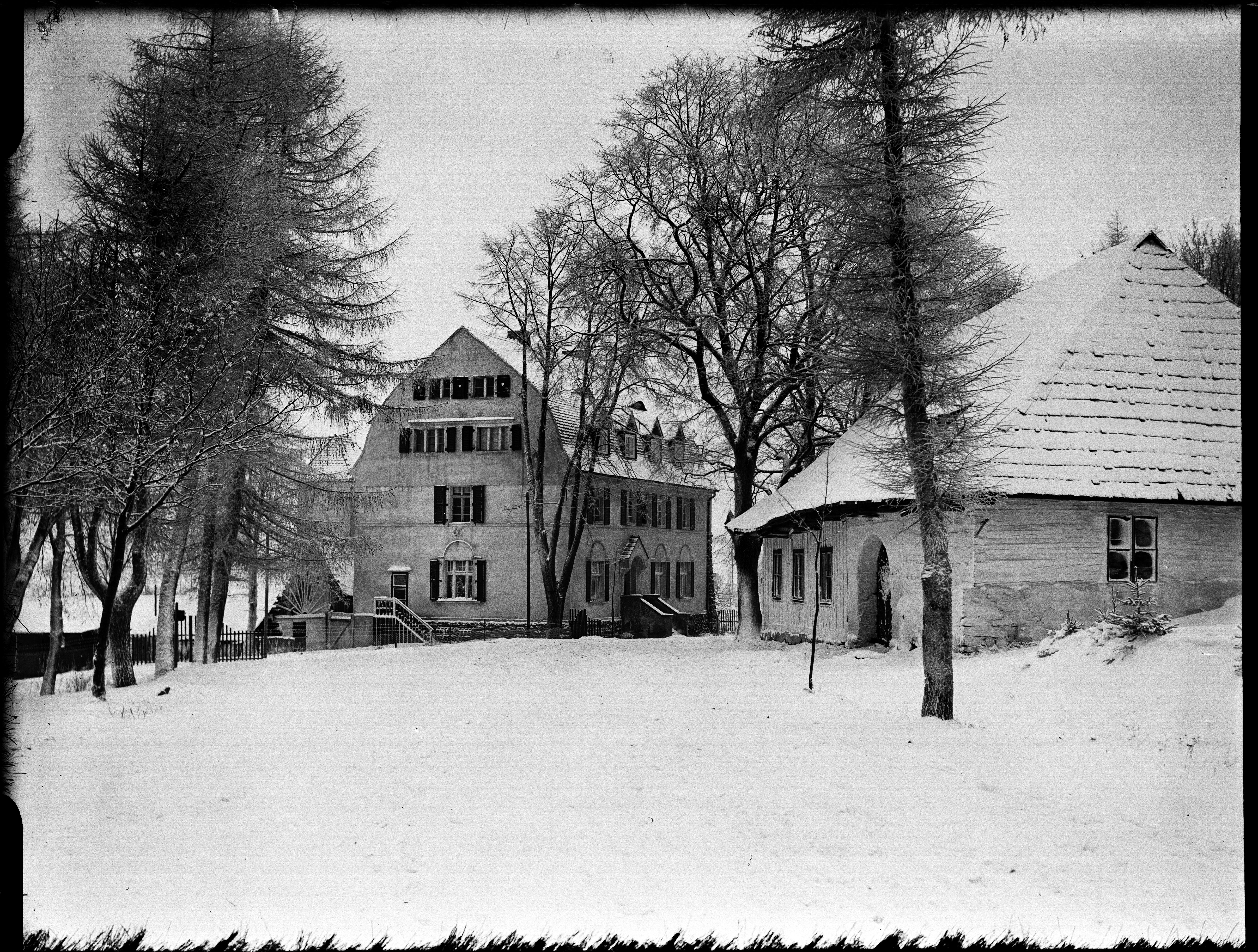
The beginnings of production
The production of gloves started in Borová in 1948, when the state enterprise MODETA moved the machines from the closed factory in Oldříš. MODETA was one of the largest textile manufacturers in Czechoslovakia, with 12 plants and over 4,000 employees. The plant in Borová (factory number 06) employed 160 people.
The production of Factory Number 06 (1979–1983):
1979: 783 000 pairs of gloves
1980: 805 000 pairs of gloves
1981: 950 000 pairs of gloves
1982: 1 066 000 pairs of gloves
1983: 1 110 000 pairs of gloves
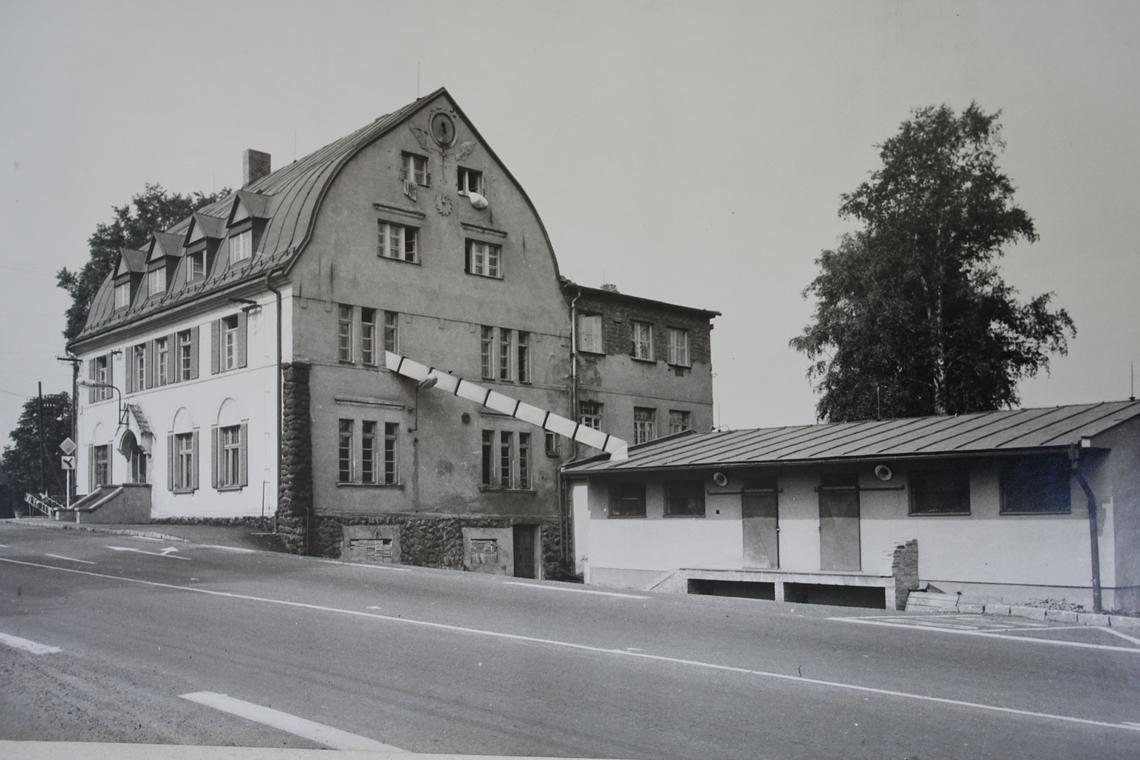
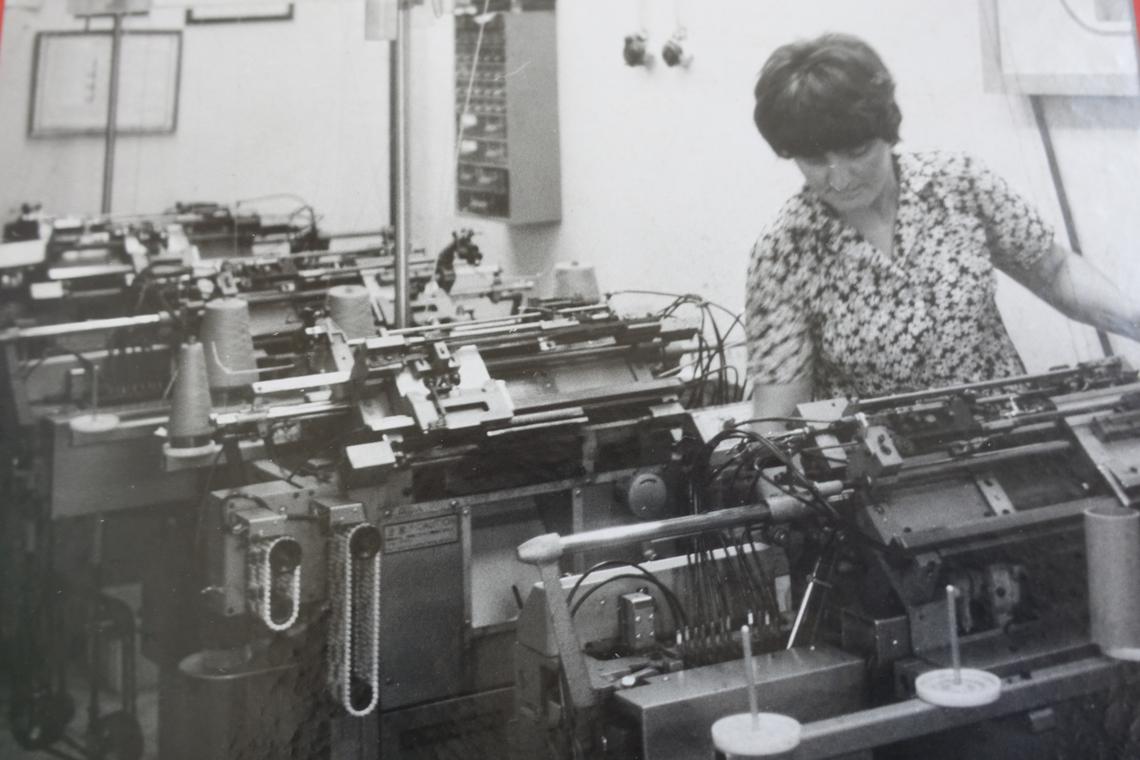
Renewal and Development (1990-2000)
After 1989, the state production of gloves was terminated and on 1 October 1990 Ladislav Koumar founded the company MIRO, which continued production. Significant investments were made in the modernisation of machinery and technology. In the 1990s, obsolete Russian machines were replaced by modern Japanese knitting machines, which increased efficiency and capacity. The product range was expanded to include protective gloves against cutting, based on Ladislav Koumar's patent for non-cutting yarn. This patent led to the introduction of the Bivoj glove, which is still popular today.
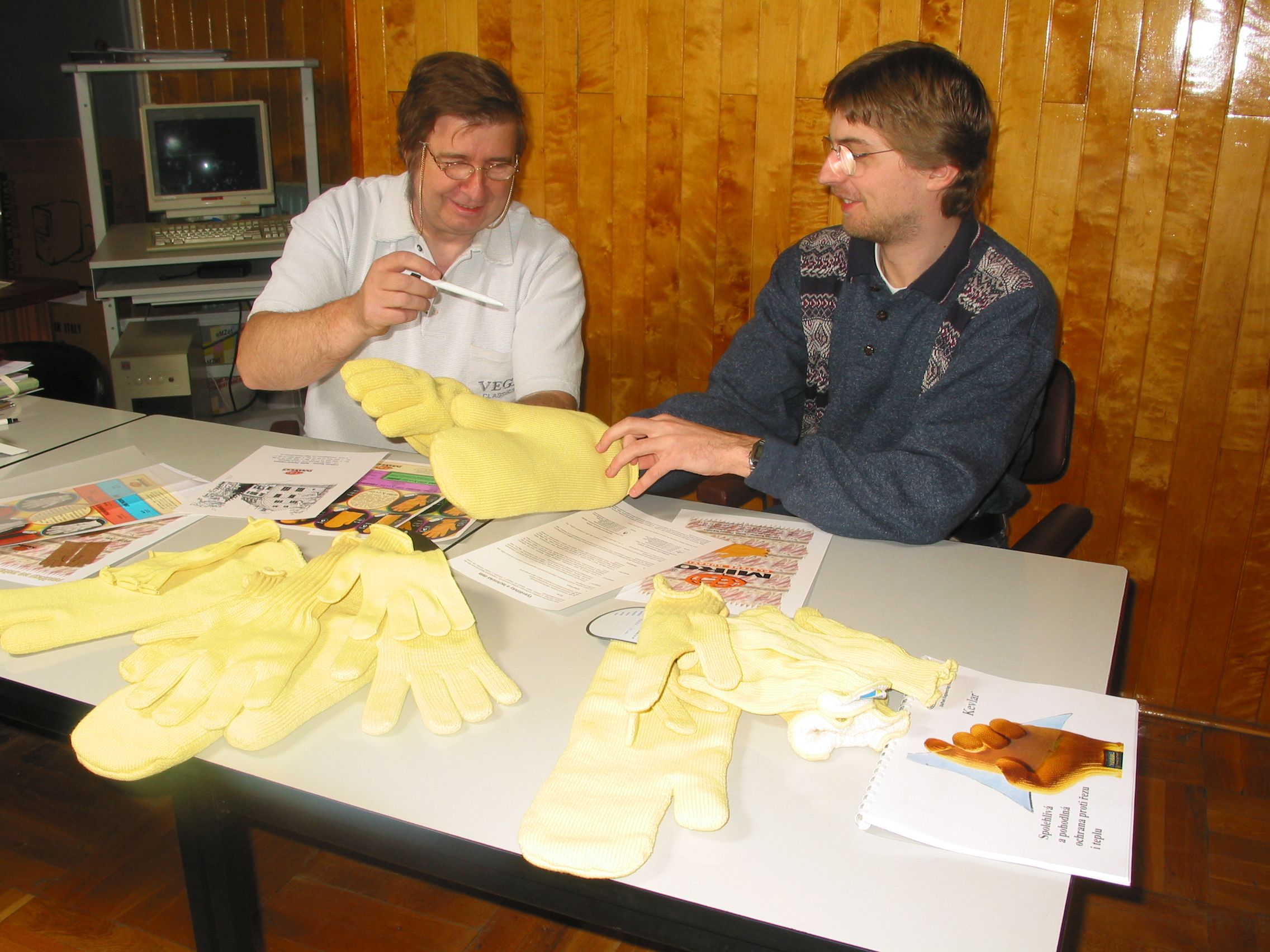
Expansion (2001–2006)
In 2001, a new glove knitting hall was built and the warehouse was expanded. The production capacity was gradually increased and investments were made in new technologies, such as machines for gloves with non-slip targets. Cooperation with DuPont resulted in gloves made of Kevlar®. In parallel, proprietary anti-cutting yarns were developed, resulting in the AntiCut® and Sharpking® brands in 2006. Innovations included the introduction of a workshop for sewing leather into knitted gloves.
Technological development (2007-2012)
During this period, further research and development of new yarns took place, leading to the development of the Panzerhand® glove with high durability. Machine upgrades increased capacity to three million pairs per year. At the same time, a laboratory was set up to test the gloves according to EN388.
Modern times (2013-2020)
The period 2013-2020 ranks among the most successful in the company's history. Technological advances and production flexibility have enabled MIRO to produce some of the most durable knitted gloves in the world. The range has expanded to include winter gloves made of wool and cashmere and the anatomically shaped Superanatomic glove.
Ecology & Sustainability
The company has installed a photovoltaic power plant on the roof of a warehouse, whose output covers the electricity needed for production.
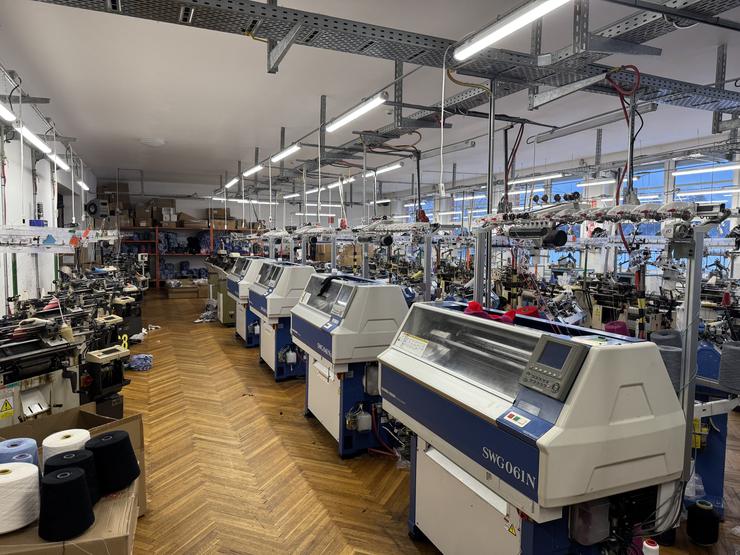
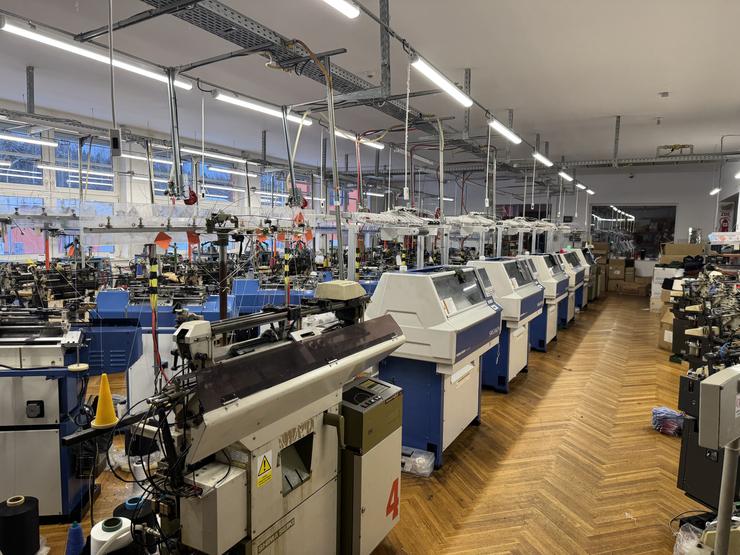
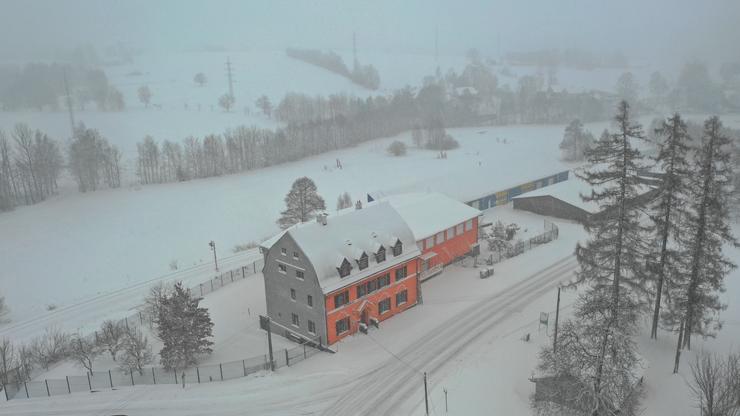
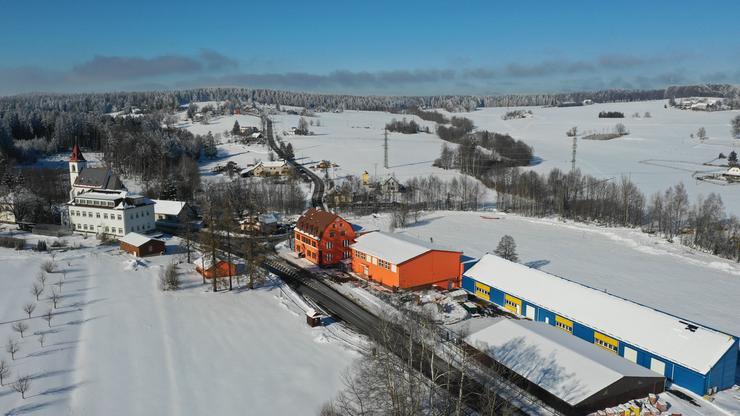
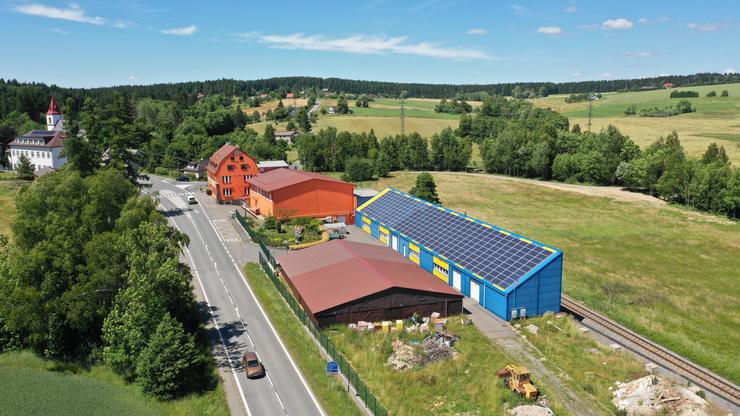
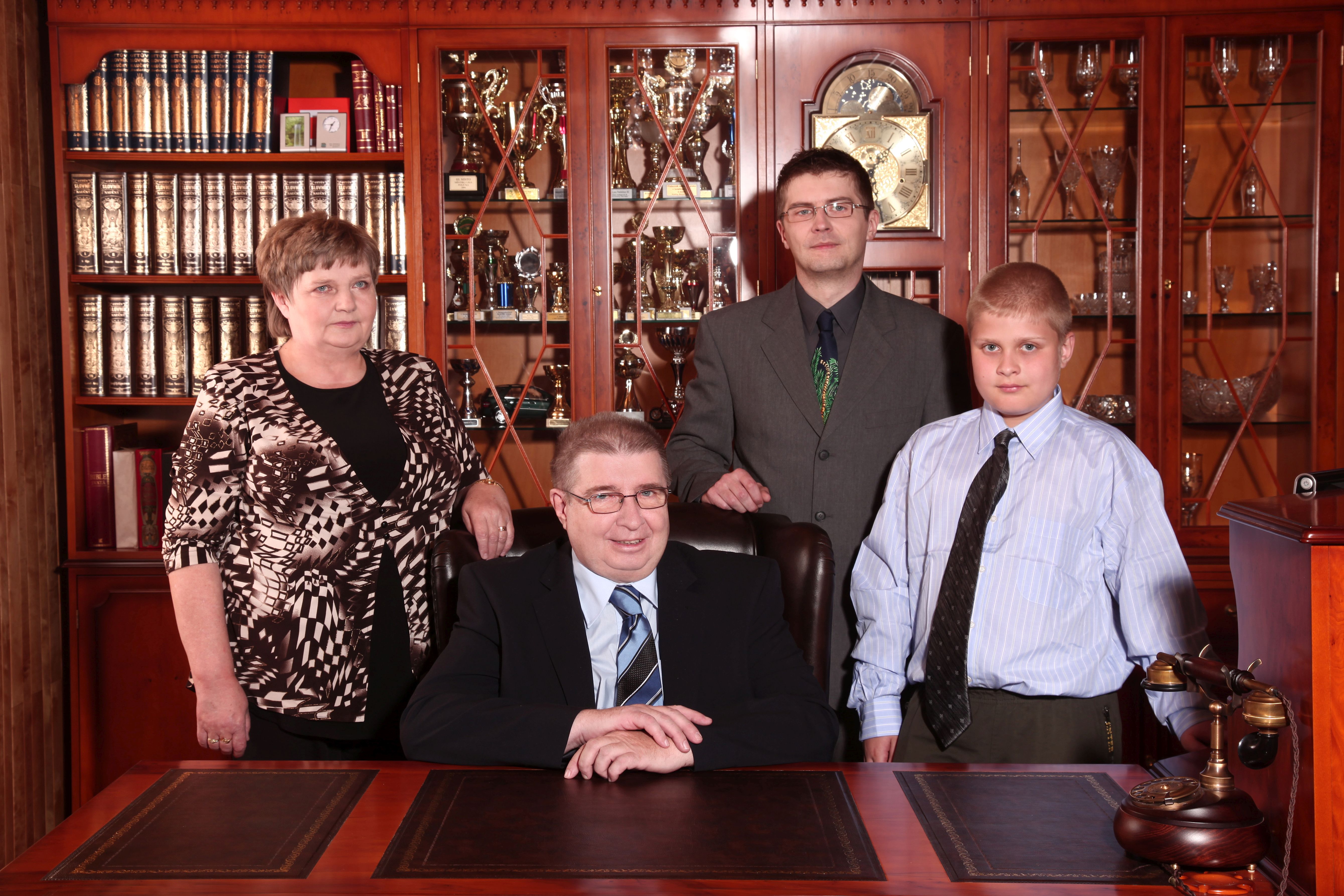
Present (2021-20...)
MIRO remains a family-owned company without foreign investment, which has grown from a regional company to one of Europe's largest glove manufacturers through diligence and professionalism. The company relies on quality, speed of delivery and flexibility to customer requirements.